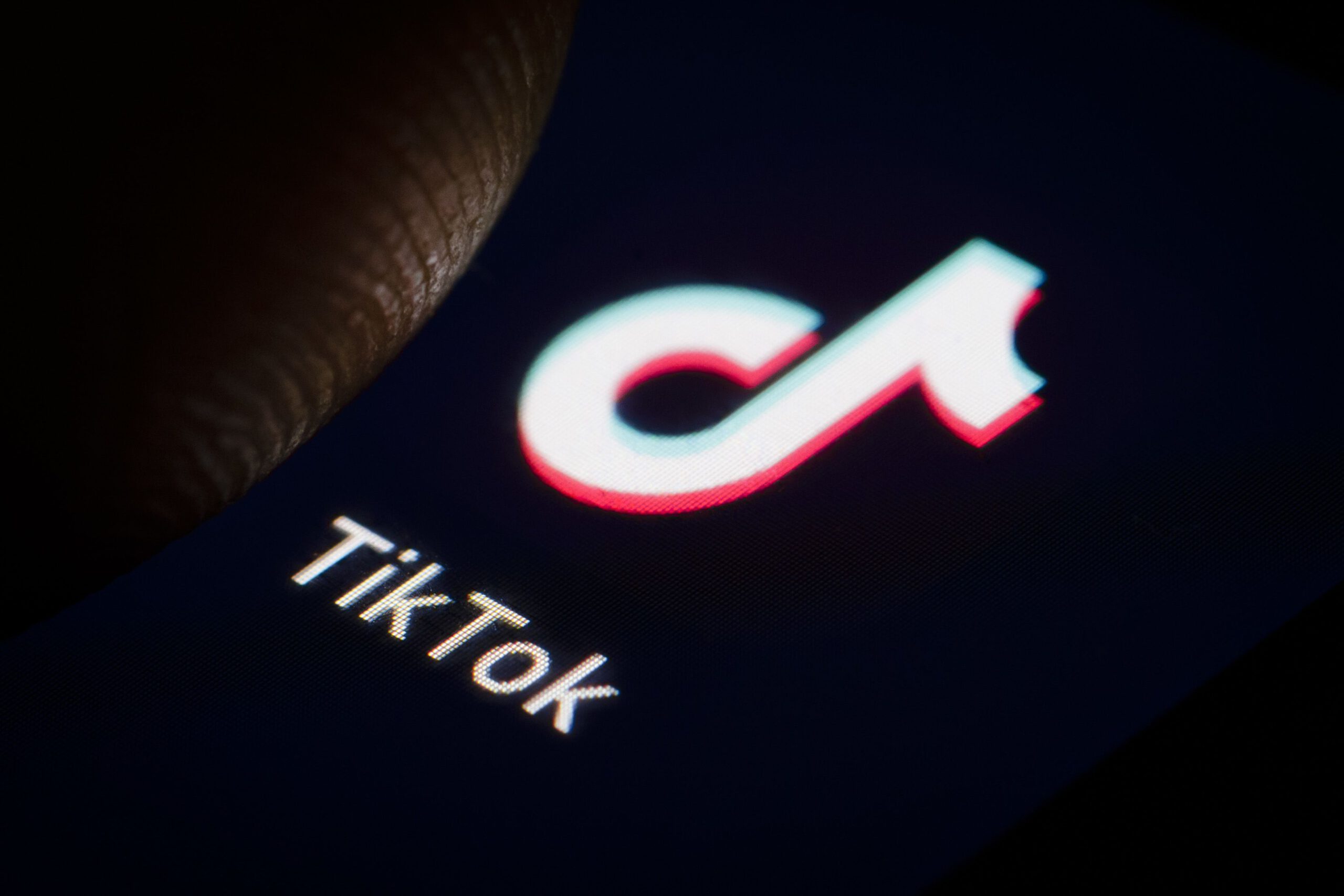
TikTok, one of the most widely used social media platforms in the United States, ceased operating on Saturday night, shortly before a federally mandated ban was set to take effect. The shutdown marks a turning point in a prolonged dispute over the platform’s ties to its China-based parent company, raising questions about national security, data privacy, and the role of governmental regulation in the technology sector.
The ban stems from legislation that requires the platform’s parent company to divest its U.S. operations or face an effective prohibition on American devices and networks. The measure was passed with strong bipartisan support and signed into law last year, reflecting growing concerns among lawmakers about the handling of user data and potential foreign influence on American social media users. The Supreme Court upheld the ban in a unanimous decision, reinforcing the requirement that service providers cease supporting the platform within the United States by the specified deadline.
Within hours of the Court’s ruling, major technology companies took steps to comply. The app disappeared from online stores, and many users attempting to access it were met with a message explaining that the service was no longer available. Other applications belonging to the same parent company also displayed notices indicating that they were inaccessible. These actions demonstrate the sweeping impact of the legislation, which mandates severe penalties for distributors and service providers that fail to adhere to the new rules.
Despite going offline, the platform’s management signaled that there could be a path to reinstatement. The company has indicated a willingness to continue negotiations with U.S. authorities in an effort to protect its extensive American user base. The service has, by its own estimates, drawn more than 170 million users in the United States, including small-business owners who rely on short-form videos to reach customers. Many of those business owners have expressed anxiety over potential revenue losses, while content creators who built large followings on the platform remain uncertain about the future of their work.
A new administration is set to assume power in the coming days, and officials have indicated that they may consider granting a temporary reprieve. This extension, if approved, could provide additional time to secure an arrangement that would preserve the platform’s U.S. presence. Any deal must satisfy national security requirements and meet the legislation’s demands for separation from foreign ownership or control. It remains unclear whether any agreement will be reached swiftly, particularly given the complexities of reconfiguring data flows, restructuring corporate ownership, and ensuring ongoing compliance with federal oversight.
Several interested parties have emerged as potential partners or buyers of the platform’s U.S. operations. Some have proposed a full acquisition, while at least one has floated the idea of a merger that would allow existing shareholders of the parent company to retain their stakes under a new structure. Speculation about the platform’s valuation has circulated, with observers suggesting that a final sale price could be substantial if the platform were allowed to continue functioning. Yet the parent company has thus far resisted overtures from multiple suitors, pointing to the platform’s immense popularity and expressing a desire to avoid what it views as a forced divestiture.
Industry analysts note that this situation represents a broader conflict between national security interests and the global nature of technology and social media. Elected officials from different political parties have argued that data harvested by foreign-owned apps may be accessible to overseas entities, raising fears about potential surveillance or influence. Opponents of the ban contend that the measure limits free expression and infringes upon personal freedoms. Legal scholars have also weighed in on the First Amendment implications of blocking an entire social media service.
The final outcome will likely hinge on ongoing negotiations between the company and the incoming administration, as well as the interests of investors and the commitments made to regulators. The legislation includes provisions for extensions, but also imposes strict penalties if a satisfactory arrangement is not reached. Companies that offer hosting services or operate app stores have already taken steps to remove or block the platform, underscoring the seriousness of the potential repercussions.
Observers note that the market for short-form video and social media is unlikely to fade, given strong consumer demand. Some new and existing platforms have already risen in popularity, hoping to capture users displaced by the ban. However, the sudden blackout of a major platform underscores how swiftly governmental actions can reshape the digital landscape.
Whether the platform’s service ultimately resumes under new ownership or remains inaccessible depends on the ability of the company, lawmakers, and regulators to navigate the political, technical, and legal hurdles that stand in the way. As events continue to unfold, millions of creators, businesses, and casual users remain in limbo, awaiting a resolution that will determine the future of one of the most influential apps of the mobile era.











